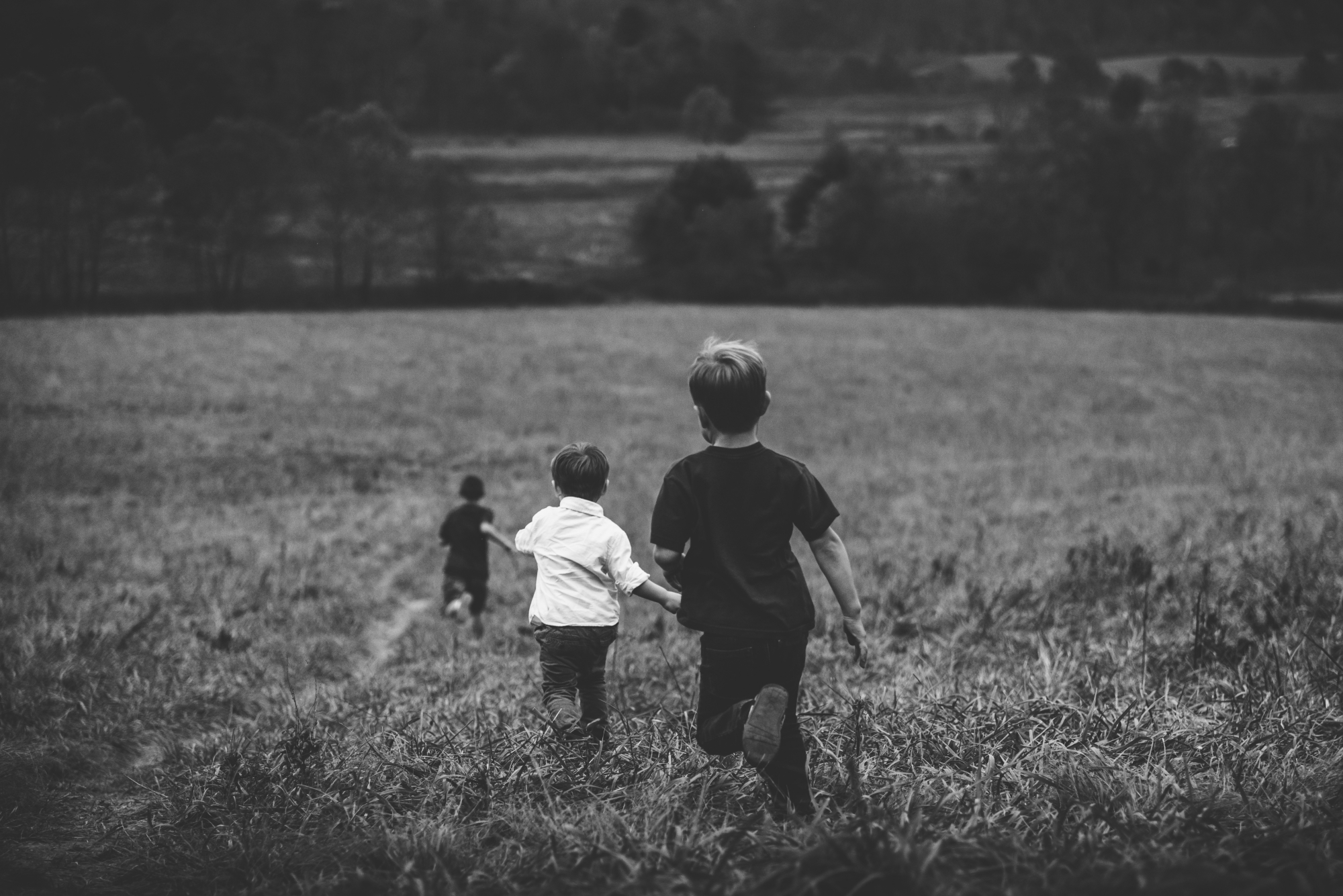There once was a gardener who planted a flower. With much love and passion, the gardener tended to the flower at almost every waking moment, constantly watering, weeding, and standing guard. Yet, in the end, the flower did not bloom and could not reach its full potential. All the love and attention served the flower well, but the sun never reached its petals, for it was blocked by the gardener’s ever-present shadow. For that, the flower and gardener both suffered.
As parents, there is nothing more beautiful and important to us than our children. Yet it seems so many parents tend to their kids without understanding the processes essential to their growth. Call them helicopter parents, overzealous, or hyper-present, the problem is real and can ultimately be damaging.
For the sake of discussion, we’ll use the term “Helicopter Parenting,” which was coined in 1969 in the book “Between Parent and Teenager” by Dr. Haim Ginott.
Helicopter Parenting generally follows three essential patterns:
- Parents do for their kids what they can already do for themselves.
- Parents do for their kids what the kids can almost do for themselves.
- Parenting is based on personal ego rather than what is best for the child.
No matter the driving force behind this style of parenting, the actual effects can be startling: low self-esteem, difficulty in making decisions, underdeveloped stress management skills, depression, and far more.
Dr. Neil Montgomery of Keene State College conducted a nationwide survey of college freshmen. The study’s results were clear: college students with helicopter parents were less open to new ideas and actions, and more susceptible to anxiety and self-consciousness. Conversely, students who were given freedom while growing up to make their own decisions and allowed to fail or succeed experienced the opposite effects.
Another study performed in 2011 by Terri LeMoyne and Tom Buchanan at the University of Tennessee at Chattanooga produced similar results; students with helicopter parents were significantly more likely to be medicated for depression and/or anxiety.
In the 22 years of operating summer camp programs for thousands of children and their parents, we have witnessed the full spectrum of parenting styles and the effects on kids. At camp, we operate much like parents. The main focuses of camp are to ensure safety, provide a nurturing environment for kids, and offer opportunities for growth. Our mission is to help build the self-esteem, self-reliance, and responsibility of each camper. We actively work to create opportunities where campers can gain this confidence and independence.
So what is a well-intentioned, loving parent to do? We all want our children not to feel neglect. We know we need to guide them as they grow and navigate the difficulties life may throw their way. How do we achieve balance without becoming helicopter parents?
These are three guidelines that we utilize in camp that apply equally well at home.
- Allow for Opportunities for Independent Decision Making
There is a time to decide for the kids, but dominating their every decision suffocates them. Kids need independence to develop a strong sense of confidence and the ability to deal with failure. Let them make decisions, choose a path, take a risk…even if you think it might end in failure. Failure and the lesson learned from it can be more powerful than a perfectly executed success. And who knows? They may rise to the occasion and make a decision showing strength and maturity beyond their years. - Figure Our What Motivates Your Kids and Let Them Motivate Themselves
If you spend all your time externally motivating you kids to get up, do their work, practice piano, and be on time, then you’ve essentially handicapped them from wanting to do it for themselves. Figure out what motivates them. Maybe its pleasing you, maybe its accomplishing small tasks, or maybe it’s something completely out of left field. Talk to your kids, create a plan, and seek to understand what makes them happy when they succeed on their own. - Make Your Kids Part of the Team
For most parents, we exist in this paradigm that dictates that what we know and choose for our kids is the right way of doing things. What if we shift that paradigm and consider our kids as more of a teammate than a subordinate? They relish the chance to provide input and love decision making opportunities. Take into account their strengths, opinions, and aspirations without judgement. Perhaps then, they will feel more a part of the solution and an integral part of the process.
Being a parent is hard. The only parenting school we graduate from is the one our own parents threw together for us, and they learned from their parents (and so on and so forth), but this does not always guarantee the best results for our kids. We have to be open to change, intentional about our decisions, and smart about how and what we do. It has such a huge impact on the little people we bring into the world.
If you in any way relate to this notion of helicopter parent, then shut off the engines for a bit. Take stock of your parenting plan and evaluate ways to let your kids build that internal motivation and confidence. Changing the way you approach your kids can be incredibly difficult, and it does take practice. However, not allowing your kids the chance to build their own foundations of confidence, self-determination and the skill set to deal with failure can only be to their detriment. You are the ultimate catalyst for fostering greatness and happiness in your kids.
Make sure they see the sunshine so that they can bloom.
[stag_icon icon=”pagelines” url=”” size=”50px” new_window=”no”]





Helicopter Parent,lol..I am,this was a great read,I’m in search of how to understand and be understood by my son who’s been labeled ADHD,I’m one who’s wearing of medication